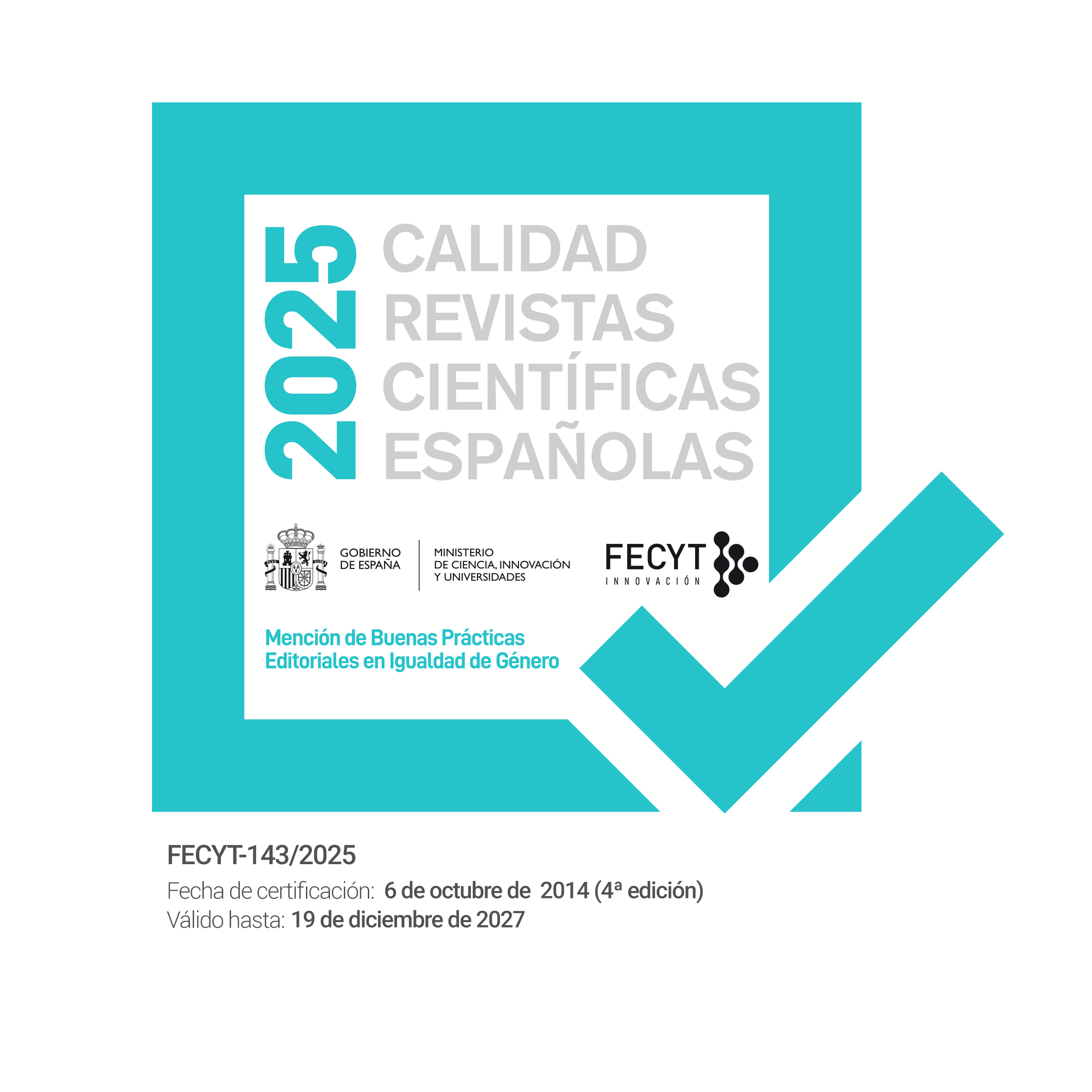UNA APROXIMACIÓN PRAGMÁTICA AL ESTUDIO DEL TEXTO LITERARIO: PROPUESTA DE ANÁLISIS DE BETRAYAL DESDE LAS TEORÍAS DE LA CORTESÍA Y DE LA RELEVANCIA
Abstract
Abstract
The aim of this paper is to show, as many authors have done before, that literary discourse is not a special kind of language, but is instead a special use of language. Thus literary discourse can be studied as a conversational corpus, from a pragmatic perspective. For the purpose of this study Pinter´s Betrayal (1978) has been analysed on the grounds that drama is the most interactive literary genre. The theories traditionally used in order to account for the way communication develops in everyday conversation, Brown & Levinson´s Politeness Theory (1978, 1987) and Sperber & Wilson´s Relevance Theory (1986, 1995), are applied to this analysis. These two approaches, social and cognitive respectively, can also be applied to literature and can shed light on both the kind of social relationship existing among the characters and the authors' communicative intentions behind each work of art. Moreover, if literary works can be dealt with as linguistic corpora, they would be useful for linguists who want to study language in context and do not have access to real conversational data.
Downloads
Downloads
How to Cite
Issue
Section
License
El Grupo de Investigación “La lengua inglesa en el ámbito universitario” HUM-397 conserva los derechos de copyright de los artículos publicados y permite la reutilización de los mismos bajo licencia Creative Commons: Creative Commons Atribución-NoComercial-SinDerivar 4.0 Internacional: se pueden copiar, usar, difundir, transmitir y exponer públicamente los artículos mencionados, siempre que (a) se cite la autoría y la fuente original de su publicación, (b) no se usen para fines comerciales, (c) no se creen obras derivadas mediante su transformación, (d) se mencione la existencia y especificaciones de esta licencia de uso.








